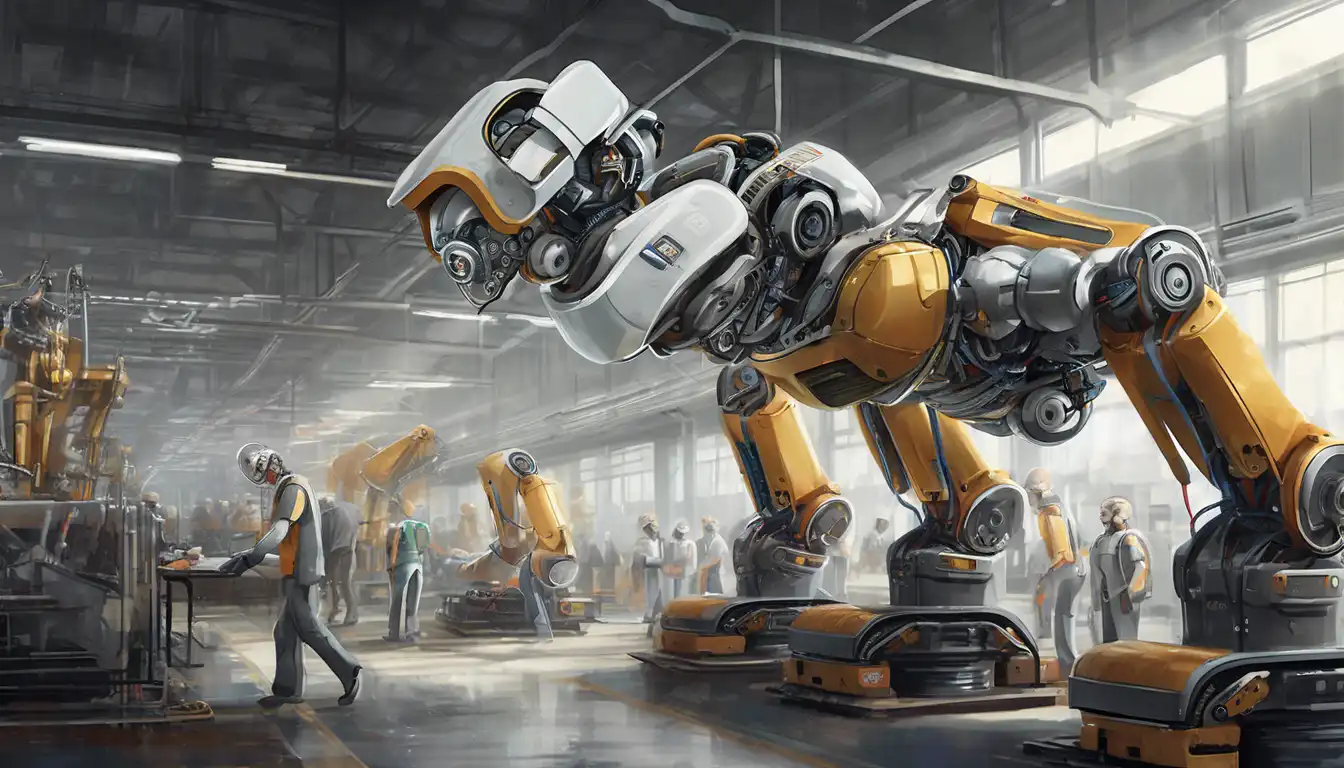The Revolutionary Impact of Robotics on Modern Manufacturing
In the ever-evolving landscape of manufacturing, robotics has emerged as a game-changer, revolutionizing how products are designed, produced, and delivered. This transformation is not just about automating repetitive tasks but redefining efficiency, precision, and scalability in manufacturing processes.
Understanding the Role of Robotics in Manufacturing
Robotics in manufacturing refers to the use of automated machines that can perform tasks with minimal human intervention. These robots are equipped with advanced sensors, artificial intelligence (AI), and machine learning capabilities, enabling them to adapt to new tasks and improve over time.
Key Benefits of Robotics in Manufacturing
- Increased Efficiency: Robots can operate 24/7 without fatigue, significantly boosting production rates.
- Enhanced Precision: With robotics, the margin for error is drastically reduced, ensuring high-quality products.
- Cost Reduction: Over time, the use of robots can lead to significant savings in labor and operational costs.
- Improved Safety: Robots can handle hazardous tasks, reducing workplace injuries.
Real-World Applications of Robotics in Manufacturing
From automotive assembly lines to electronics manufacturing, robots are being deployed across various sectors. For instance, in the automotive industry, robots perform tasks such as welding, painting, and assembly with unparalleled precision. Similarly, in electronics, robots are used for delicate tasks like circuit board assembly.
Challenges and Considerations
Despite the benefits, integrating robotics into manufacturing comes with its set of challenges. High initial investment costs, the need for skilled personnel to operate and maintain robots, and concerns over job displacement are some of the hurdles manufacturers face.
The Future of Robotics in Manufacturing
The future of manufacturing lies in the further integration of robotics with technologies like the Internet of Things (IoT) and AI. This convergence will enable smarter, more flexible manufacturing systems capable of self-optimization and predictive maintenance.
As we look ahead, it's clear that robotics will continue to play a pivotal role in shaping the future of manufacturing. By embracing these technologies, manufacturers can stay competitive in a rapidly changing global market.
For more insights into how technology is transforming industries, check out our articles on technology trends and the future of automation.
